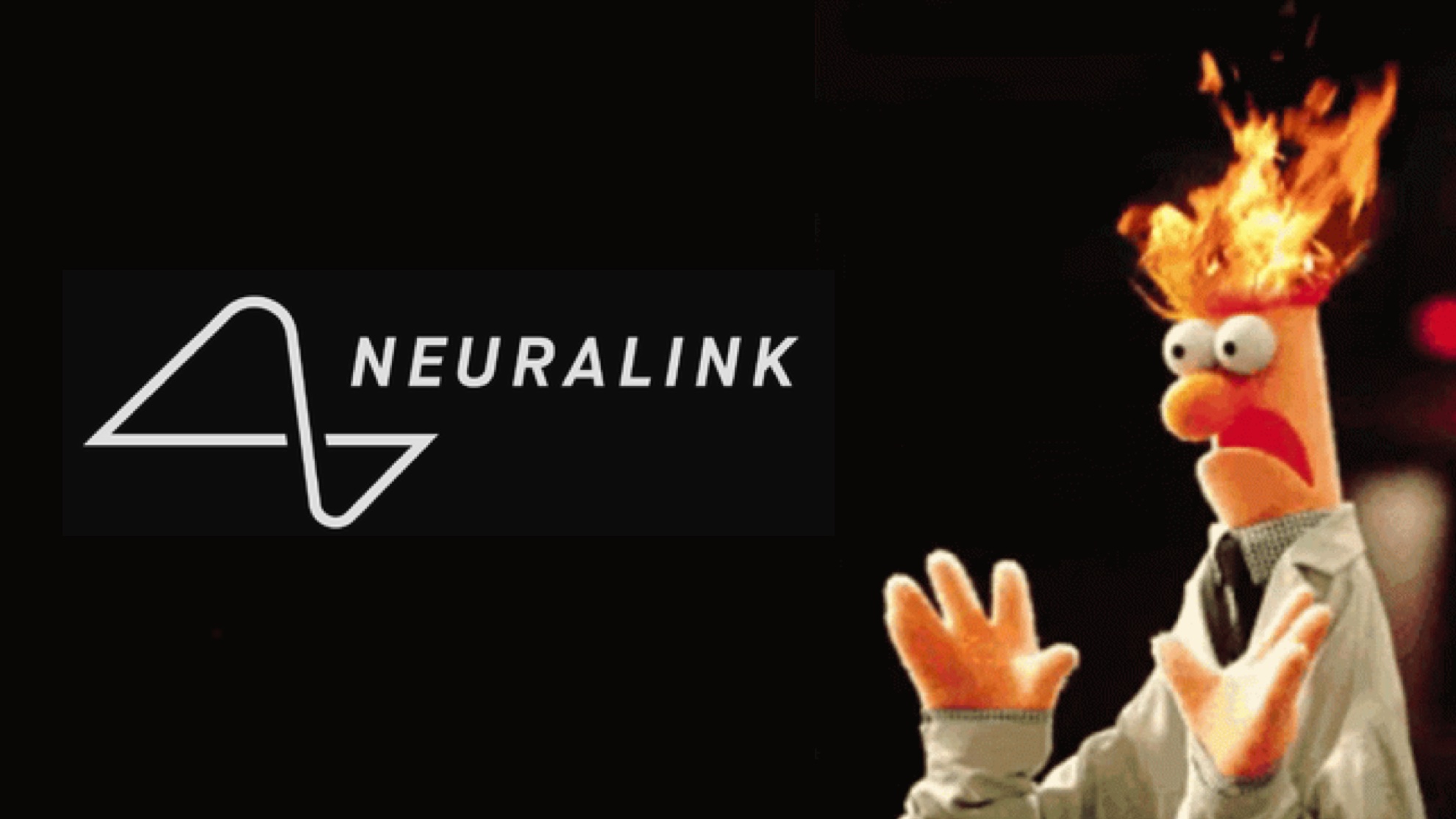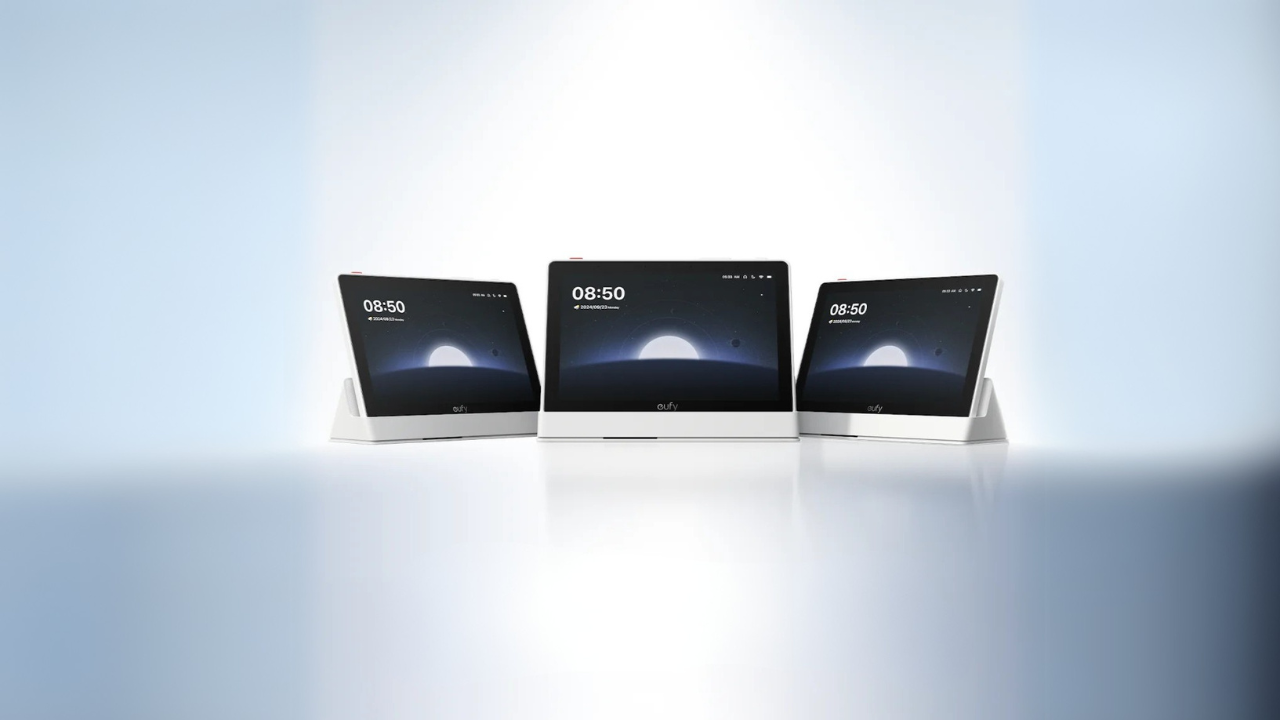

If you've been wondering why Elon Musk's Twitter suddenly seems full of gifs showing various TV characters with their heads on fire, it's all about another of Musk's companies: Neuralink. The news that Neuralink has been given the green light in the US to begin human tests of its brain/computer interface resulted in a predictable but still funny flood of memes riffing on another Musk-related topic, Teslas' supposed propensity for bursting into flames.
It's amusing but it coincided with something more serious: a huge leak of internal Tesla documents detailing tons of customer complaints about terrifying faults in Tesla cars including random acceleration and unexpected hard braking. The leak, to German-language newspaper Handelsblatt, covers complaints running from 2015 to 2022 and looks pretty damning.
In that light, the jokes don't seem so funny. You want this guy putting things into your brain?
What are the concerns around Neuralink brain implants?
Of course, Elon Musk isn't going to be personally trepanning test subjects. But last year Fortune ran a story based on testimonials from Neuralink whistleblowers who claimed that the firm is "driven by fear" with "top-down dissatisfaction with the pace of progress even though we were moving at unprecedented speeds".
The firm has also been accused by animal rights groups of "inadequate care" of its simian test subjects and of mishandling potentially contaminated implants removed from its animal test subjects; Reuters reported in February 2023 that employees “appear to have unsafely packaged and transported” those materials, possibly because they hadn't been given mandatory safety training.
The US FDA, the organisation that regulates health products and human trials, has previously rejected Neuralink's proposals due to "dozens of issues the company must address" including fears around the use of lithium batteries and concerns that removing the implants might cause damage. These concerns appear to have been addressed, however, and the FDA has now green-lit human testing.
For Neuralink, the approval is the first step towards a glorious future: "we are currently focused on giving people with quadriplegia the ability to control their computers and mobile devices with their thoughts," the firm says; it also hopes to help blind people regain their sight and ultimately help people with spinal cord injuries regain the use of their limbs.
Sign up to the T3 newsletter for smarter living straight to your inbox
Get all the latest news, reviews, deals and buying guides on gorgeous tech, home and active products from the T3 experts
Those are lofty – and worthwhile – goals. But Musk has a long track record of over-promising and under-delivering, and the "move fast and break things" approach beloved of tech entrepreneurs is a lot more serious when it can affect actual people. I really hope this tech delivers what it promises. And I hope that everyone involved understands that human health is like driving: there are some corners you just can't cut.
Writer, musician and broadcaster Carrie Marshall has been covering technology since 1998 and is particularly interested in how tech can help us live our best lives. Her CV is a who’s who of magazines, newspapers, websites and radio programmes ranging from T3, Techradar and MacFormat to the BBC, Sunday Post and People’s Friend. Carrie has written more than a dozen books, ghost-wrote two more and co-wrote seven more books and a Radio 2 documentary series; her memoir, Carrie Kills A Man, was shortlisted for the British Book Awards. When she’s not scribbling, Carrie is the singer in Glaswegian rock band Unquiet Mind (unquietmindmusic).

